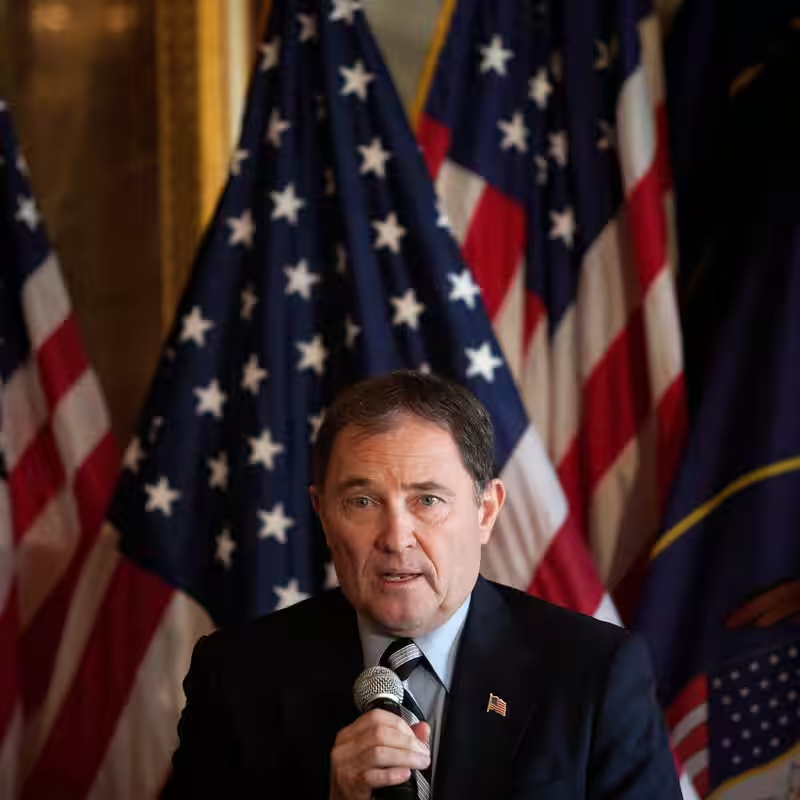Table of Contents
- What Is Conversion Therapy?
- How 24 States Came to Ban Conversion Therapy
- Surprising Bipartisan Backing
- Why the Colorado Case Could Upend Everything
- Voices from Survivors: Why These Bans Matter
- What Happens Next?
- Sources
What Is Conversion Therapy?
Conversion therapy refers to discredited practices aimed at changing a person’s sexual orientation or gender identity—often targeting LGBTQ+ youth. Despite being widely condemned by every major medical and mental health organization in the U.S., including the American Psychological Association and the American Medical Association, these practices persist in some communities.
Survivors describe the experience as deeply traumatic, involving shame, isolation, and psychological manipulation. “I spent many years in kind of a labyrinth,” said Garrard Conley, author of the memoir Boy Erased, “because I felt like my instincts were totally wrong.”
How 24 States Came to Ban Conversion Therapy
California made history in 2012 as the first state to ban licensed therapists from performing conversion therapy on minors. New Jersey followed in 2013. Then, between 2015 and 2024, the movement accelerated—22 more states enacted similar laws, bringing the total to 24 states plus Washington, D.C.
Dozens of cities and counties also passed local bans, creating a patchwork of protections across the country. These laws specifically target licensed mental health professionals—religious leaders and unlicensed counselors remain exempt, though advocacy groups note most current conversion therapy now occurs in religious settings.
Surprising Bipartisan Backing
One of the most striking aspects of this legislative wave? Its bipartisan support. According to an analysis by The Trevor Project and the Movement Advancement Project, eight of the state bans were signed by Republican governors—and every single bill passed with Republican votes in at least one chamber.
In 2019, Utah’s Republican Governor Gary Herbert said: “The stories of youth who have endured these so-called therapies are heart-rending… I’m grateful that we have found a way forward that will ban conversion therapy forever in our state.”
Why the Colorado Case Could Upend Everything
Now, all these laws face a potential existential threat. The U.S. Supreme Court is reviewing a challenge to Colorado’s ban brought by therapist Kaley Chiles, who argues the law violates her First Amendment right to free speech.
If the Court rules that strict scrutiny—the highest legal standard—applies, Colorado’s law (and by extension, others like it) could be struck down. Under strict scrutiny, the state must prove both a “compelling government interest” and that the law uses the “least restrictive means” to achieve it—a bar few speech-related laws survive.
Legal experts warn that a ruling against Colorado could invalidate bans in all 24 states, reopening the door for licensed professionals to offer these widely discredited practices to vulnerable minors.
Voices from Survivors: Why These Bans Matter
For many LGBTQ+ adults who underwent conversion therapy as teens, these state bans represent more than policy—they’re validation.
“We feel validated by having experts look at this and say, ‘You know what, you’re not crazy. This was harmful for many people,’” Conley explained in a recent interview.
Advocacy groups like The Trevor Project report that youth subjected to conversion therapy are more than twice as likely to attempt suicide. The bans, researchers argue, helped establish a “social norm against conversion therapy writ large”—even influencing unregulated religious practitioners.
What Happens Next?
The Supreme Court’s decision, expected by June 2026, will reverberate far beyond Colorado. If the bans survive, they may inspire more states—particularly in the South and Midwest—to enact similar protections. If struck down, advocates fear a rollback of hard-won progress and a surge in licensed providers offering conversion therapy under the guise of “counseling.”
For now, the fate of conversion therapy bans—and the young people they protect—rests in the hands of nine justices.




